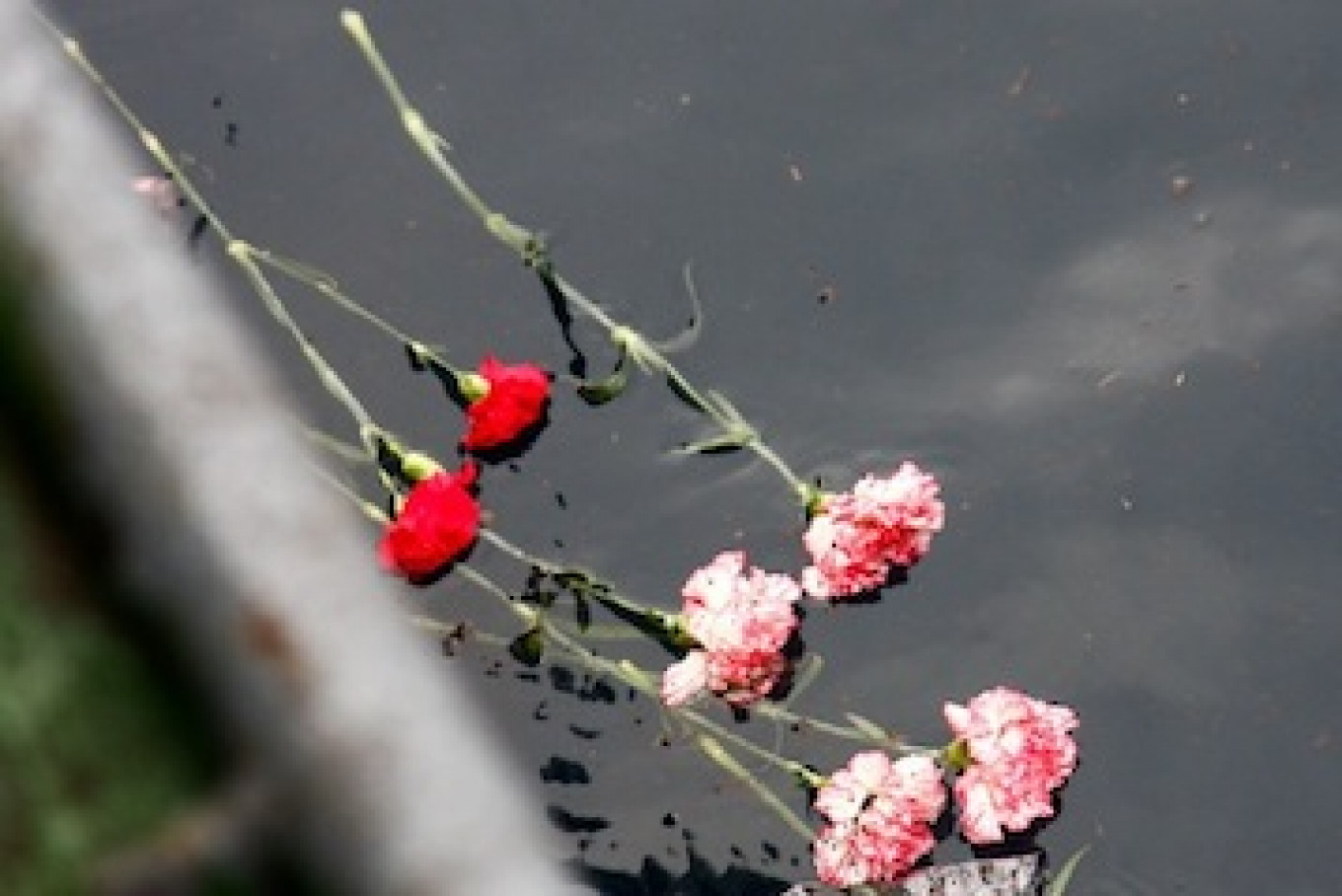
Having the world, that very West, rescue Russian boys. All of a sudden, Russia has a chance to open up to the world. At least it costs less than the lives of incompetent ministers, sham generals and Kremlin toadies. On the other hand, the disaster shows that Russia has not changed. In the USSR, the accident would have been hushed up, and Western media reports would have been dubbed lies and psychological warfare. Leonid Radzikhovsky asserted in reformist Segodnya (8/18): "The Kursk disaster shows that Russia is new. That makes their antics look even more monstrous." But it can't-this country and the world have changed so. It has yet to adapt to this new world and it slips into its old ways whenever there is a danger to it, exactly as in the days of the Chernobyl disaster in 1986. Reformist Izvestiya (8/18) front-paged this comment by Georgy Bovt: "The Russian elite's reflexes have not changed in the past 10 to 15 years.

Editorial excerpts are grouped by region editorials from each country are listed from the most recent date.

Others held that Kursk serves as a warning about "the dire state" of Russia's armed forces.ĮDITOR'S NOTE: This survey is based on 61 reports from 17 countries August 15-18. STATE OF MILITARY, NUCLEAR SAFETY: A handful of writers, some recalling Chernobyl, contended that the accident "casts an alarming light on the state of Russian nuclear power" and should spur Moscow and the West to intensify efforts to improve nuclear safety in Russia. But then the gates of democracy opened, and the whirlwind of accountability swept into.Putin's holiday dacha." The dichotomy between "Russia new and old" was also cited in Moscow's reformist Segodnya, which suggested that while the Kremlin can no longer "hush up" such an accident and dismiss Western media reports as "lies," Kursk is evidence that human life "still costs nothing here." LITMUS TEST FOR RUSSIAN DEMOCRACY: Despite the "old," "Soviet-style fortress mentality" at the top, several held that the "wave of criticism" heard among the Russian public and particularly in its media-which European papers called "virulent" in their criticism of "Putin's silence and inaction"-was proof that "democracy is working." Said London's centrist Independent, "At first, there was little reaction from the Russian public. Particularly irksome, declared a Moscow daily, was that "he has not interrupted his vacation.if only for an hour, to support the seamen in distress." Alluding to his seeming inability to grasp the "demands" of democratic leadership, Oslo's independent Dagbladet observed that "every other democratically elected head of state would have gotten as near the site as humanly possible." This could "come back to haunt him politically," warned one.

Many claimed that in dealing with this "first major disaster" on his watch, "his ability to comfort and sustain, as well as to rule" has been found lacking. POLITICAL FALLOUT AGAINST PUTIN: Writers reserved especially strong censure for President Putin. But it can't-this country and the world have changed." Judgments were also condemnatory elsewhere, echoing a Madrid daily's claim that "the Russian government acted belatedly, badly and begrudgingly, wielding all the habits of secrecy and autocracy of its predecessors." Additional highlights follow: Centrist Nezavisimaya Gazeta spoke for many in accusing Russian leaders of being "still in the grip of the morally outdated Soviet ideology" that fails to make "human lives the primary concern." Among reformist papers, Kommersant averred that "someone must answer for the loss of human lives," while Vremya-MN charged that "our military refuses to see the obvious-it takes an international effort to cope with emergencies like this one." Izvestiya added, "The Russian elite's reflexes have not changed in the past 10 to 15 years. Nowhere were the recriminations harsher than in Moscow's print media. The "nightmare" plight of the Russian nuclear submarine, Kursk, and the uncertain fate of its crew touched a nerve in overseas newspapers, as much for its indictment of the Russian government's "poor" response as for the "human tragedy." Editorials from Europe, Asia and Canada roundly denounced Russian authorities for putting "pride before urgency" and reverting to Soviet-era "secrecy and lies," by initially failing to disclose the extent of the calamity and then refusing offers of international assistance until late in the game. Kursk Submarine Disaster: Russian Elite Scored, Democracy Tested Europe East Asia South Asia Western Hemisphere


 0 kommentar(er)
0 kommentar(er)
